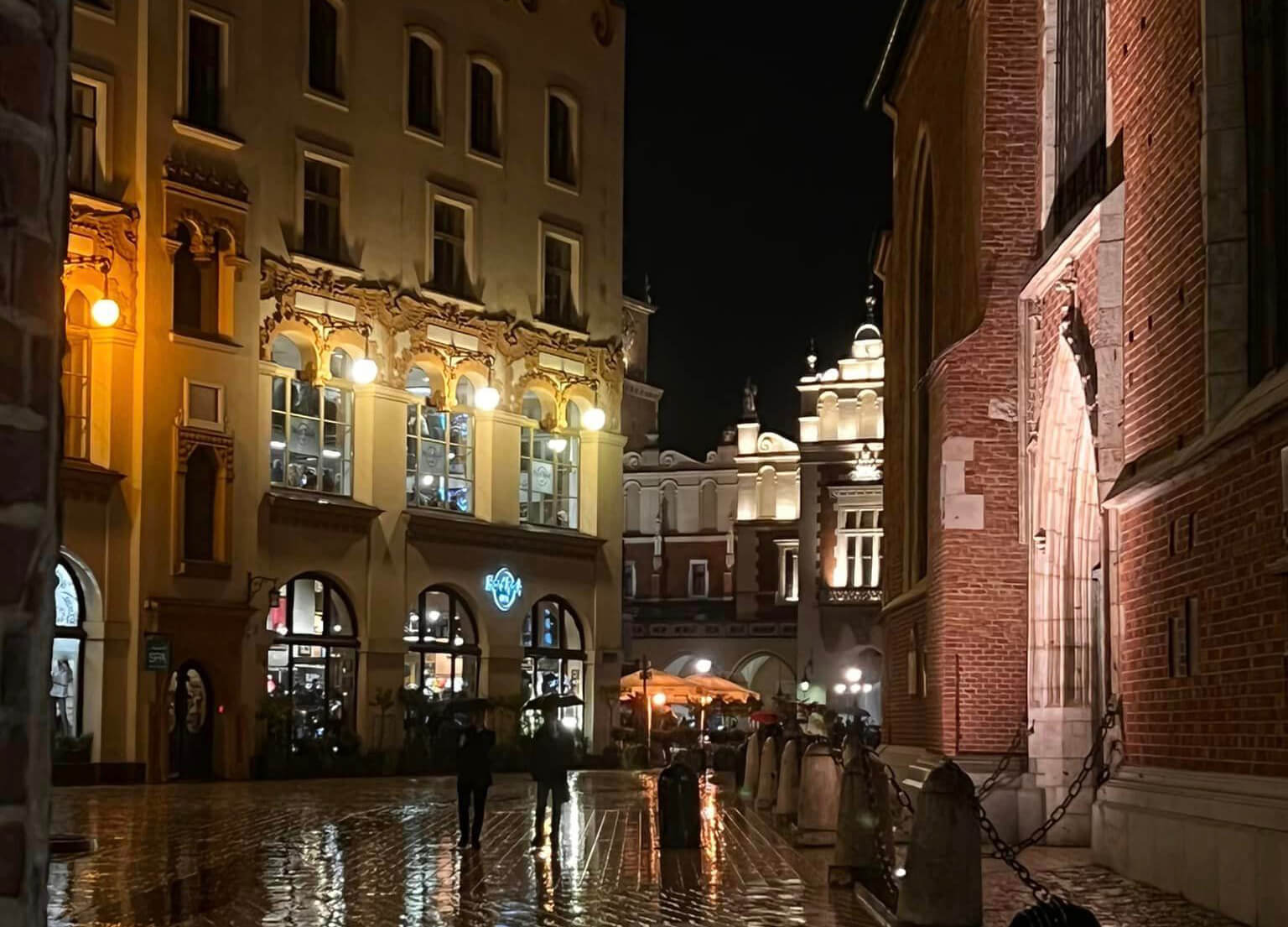
Professor shines light on art created in Holocaust
October 04, 2022

October 04, 2022

The associate professor and co-chair of interactive media and design earned the Galpin Internationalization Grant to further her research for a book that examines art created in ghettos and concentration camps during the Holocaust.
While on a trip with students to Krakow, Poland, she discovered an exhibition on drawings and paintings created in Auschwitz during the Holocaust and became fascinated with the subject — inspiring her to begin researching the topic more. Realizing information was scarce and dated, Callahan decided to put more focus on this project.
“It was very emotional to look at this overwhelming collection of work of human creation,” said Callahan. “Some of them were commissioned work, some were self-portraits and portraits of others and there were children’s books as well.”
Callahan is traveling to sites in Europe and Israel to conduct more comprehensive research to answer questions about the artists, their lives, motivations and abilities to produce art during such a harrowing time in history, as a result of the grant. She will apply her research to her classes when she returns to Quinnipiac.
“I’m eager to share my research findings with the Quinnipiac community, integrate findings into my classes — especially Holocaust and Film — where visual representations of the Holocaust are discussed in depth,” said Callahan. “It will also allow me to provide a larger diversity of material in my visual design classes and introduce different perspectives on reasons of human creativity.”
With many impactful things hidden in history, waiting to be explored and shared, Callahan is doing her part by shining a light on this topic that can teach others so much.
“Life is built off stories. And with the Holocaust where 6 million Jews perished, we’re not thinking about what 6 million really is, and it’s really 6 million stories,” she said.

Quinnipiac Today is your source for what's happening throughout #BobcatNation. Sign up for our weekly email newsletter to be among the first to know about news, events and members of our Bobcat family who are making a positive difference in our world.
Sign Up Now